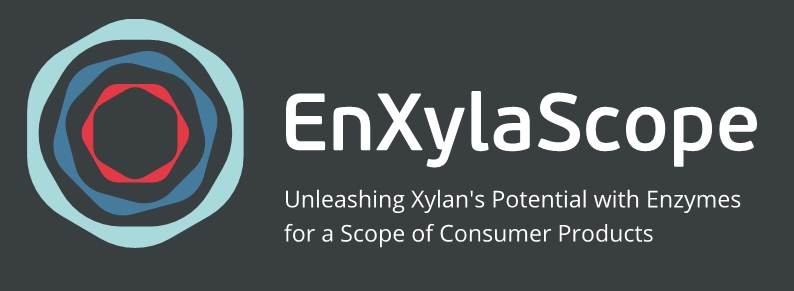
| Programme | Horizon Europe, FNR-16-2020 |
| Category | Research and Innovation Action (RIA) |
| Status | Active |
| Period | 2021 - 2025 |
| Partners | 13 |
| Budget | €6.04m |
| Links | Cordis, Twitter, LinkedIn, YouTube, Facebook |
Valorisation of Challenging Feedstocks
The challenges in processing lignocellulosic materials are large and complex, but significant advances have been made in recent decades. In many cases the most significant advances have been made for the less-challenging lignocellulosic feedstocks, for example certain types of woods and agricultural residues which are primarily composed of the main components of interest for valorisation (e.g. cellulose and hemicellulose).Production of Novel Biobased Products
Historically, research projects focused on the development of bioprocesses for lignocellulosic feedstocks have focused on a relatively narrow range of target products. These typically include biofuels (e.g. ethanol, butanol etc.) and a number of conventional biobased platform chemicals (e.g. lactic acid, succinic acid etc.).Consolidation of Process Nodes
Bioprocesses can often involve multiple stages across the entire value chain, starting from the initial handling of the feedstock to the final separation and purification stages for the targeted product(s). Each additional stage of a bioprocess can lead to an increased cost (CAPEX and OPEX) and complexity of the process. An ideal bioprocess would minimise the number of stages without compromising on the yield and quality of the outputs.Improved Process Efficiencies
Innovations in reactor design and the engineering of biological systems can lead to signficant improvements in the efficiency of a process in many different ways. For example, reactor systems capable of handling higher solid-loadings would potentially allow for the final products to be obtained in higher titres, reducing the energy, consumable, and capital costs associated with product recovery.Viable Small-Scale Processes
Many bioprocesses require economies-of-scale to be economically viable. For example, several of the commercial-scale lignocellulose to bioethanol biorefineries that were built in the USA, using both the biological and thermochemical platforms, required the processing of hundreds of thousands of tonnes of feedstock in order to produce biofuels at a price that would allow the facilities to provide a return on their capital investments.Improved Biobased Contents
Despite the huge advances that have been made in recent years regarding the production of biobased chemicals and biomaterials, there are still many products that are primarily reliant on fossil-fuels for their production. For example, to date it has been extremely challenging to produce paints and coatings that are primarily biobased.Compositional Analysis
The Celignis team are highly experienced in a wide array of methods for the compositional analysis of biomass and process intermediates and outputs/residues for lignocellulosic and thermal properties. Our expertise also extends to seaweed, algae, and a large variety of functional molecules many of which have large future potential in substituting for the use of fossil fuels in the production of consumer and industrial products.| Related Projects | ||||
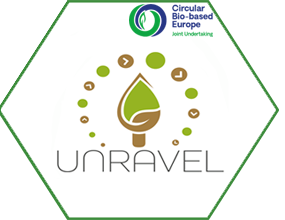 |
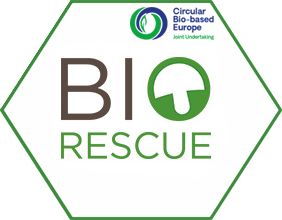 |
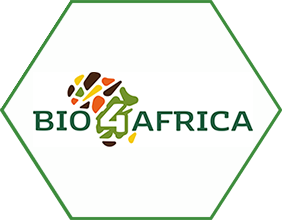 | ||
Fermentation Optimisation
Microbial conversion of sugars to chemicals and fuels is considered advantageous over chemical processes, but is a challenging area due to the high number of variables involved in the process. Fermentation process development involves: selection of microbes to produce the desired product, screening of microbes, media engineering, process optimisation, scale-up, downstream designing, etc. Screening and optimisation involve hundreds of runs which is labour and time intensive. Know-how in the area of microbiology, bioprocess engineering and design of experiments (DOE) can significantly reduce the number of experimental runs and time involved in the preliminary screening and optimisation process.| Related Publications | |||
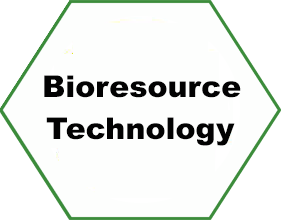 |
 |
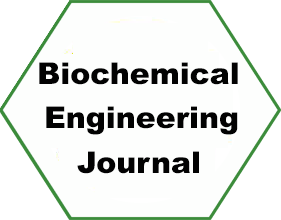 |
 |
Modification of Polysaccharides
An efficient extraction process is only one component in developing value-added products from polysaccharides. In many cases further treatment of the polymer is required in order to confer the physical and chemical properties that are required for the desired application/market. Such properties that can be influences with these modifications include the the rheology and water-resistance of the polymers.| Related Projects | ||||
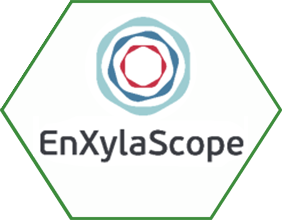 |
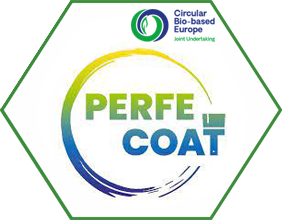 |
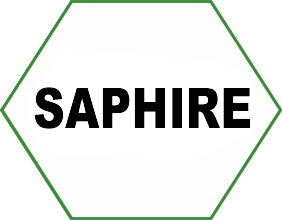 |
||
Biomass Pretreatment and Fractionation
Based on our bioprocessing and compositional expertise, we have a very good understanding of how to optimise biomass pretreatment processes. We also have a very strong understanding of the chemistry of biomass and how to evaluate the conversion and valorisation of the main constituents of lignocellulosic biomass (cellulose, hemicellulose, and lignin). We target mass-closure in our analysis so that the full mechanisms of conversion can be understood and we have a suite of analytical methods to characterise process liquids for monomers, oligomers, sugar degradation products, and fermentability. Our CBE project UNRAVEL concerns the development of a pretreatment process and Celignis plays a key role in the project regarding the analysis of the products of pre-treatment and by investigating the influence of extractives in biomass pretreatment. In our completed BBI project BIOrescue we also analysed the solid and liquid outputs of biomass pretreatment and developed rapid analysis models for them using near infrared spectroscopy.| Related Projects | ||||
 |
 |
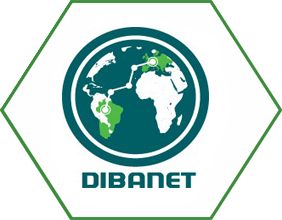 | ||
Anaerobic Digestion and Fermentation
We have years of experience in various types of anaerobic fermentation and anaerobic digestion for the production of chemicals and fuels. The team has knowledge and experience in isolation and handling of Clostridial strains and clostridial fermentations for the production of hydrogen, organic acids and solvents. Celignis's CIO Lalitha Gottumukkala has published several articles in the area of Clostridial fermentation, especially for biobutanol. Celignis’s AD expert Kwame has optimised the process for sequential production of bioethanol and biogas from paper sludge as part of his Process Engineering Research Masters in Stellenbosch University, South Africa and has published articles on the same.| Related Projects | |
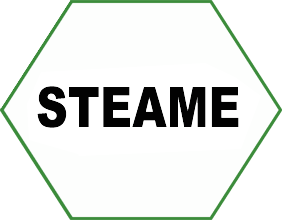 |
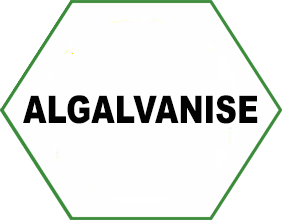 |
Discovery and Use of Enzymes
| Related Projects | ||||
 |
 |
 | ||
Identification, Extraction, and Purification of High Value Chemicals in Biomass
| Related Projects | |
 |
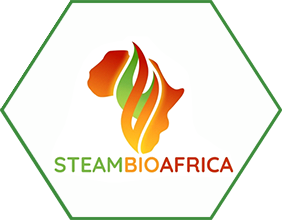 |
Real-Time Analysis of Feedstocks and Process Outputs
| Related Projects | |||
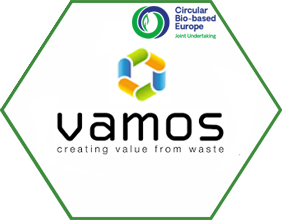 |
 |
 |
 |
Current Research Projects Involving Celignis and Bioprocess Development

| Programme | Horizon Europe, FNR-16-2020 |
| Category | Research and Innovation Action (RIA) |
| Status | Active |
| Period | 2021 - 2025 |
| Partners | 13 |
| Budget | €6.04m |
| Links | Cordis, Twitter, LinkedIn, YouTube, Facebook |
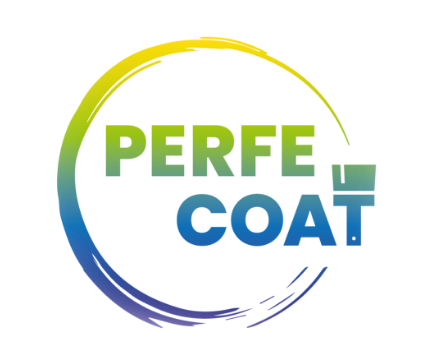
| Programme | CBE-JU, Horizon Europe, BBI-2020-SO3-R5 |
| Category | Research and Innovation Action (RIA) |
| Status | Completed |
| Period | 2021 - 2024 |
| Partners | 13 |
| Budget | €6.25m |
| Links | Website, Cordis, CBE-JU |

| Programme | CBE-JU, Horizon Europe, BBI.2018.SO2.D3 |
| Category | Innovation Action (IA) |
| Status | Completed |
| Period | 2019 - 2023 |
| Partners | 11 |
| Budget | €13.70m |
| Links | Website, Cordis, CBE-JU, Twitter |
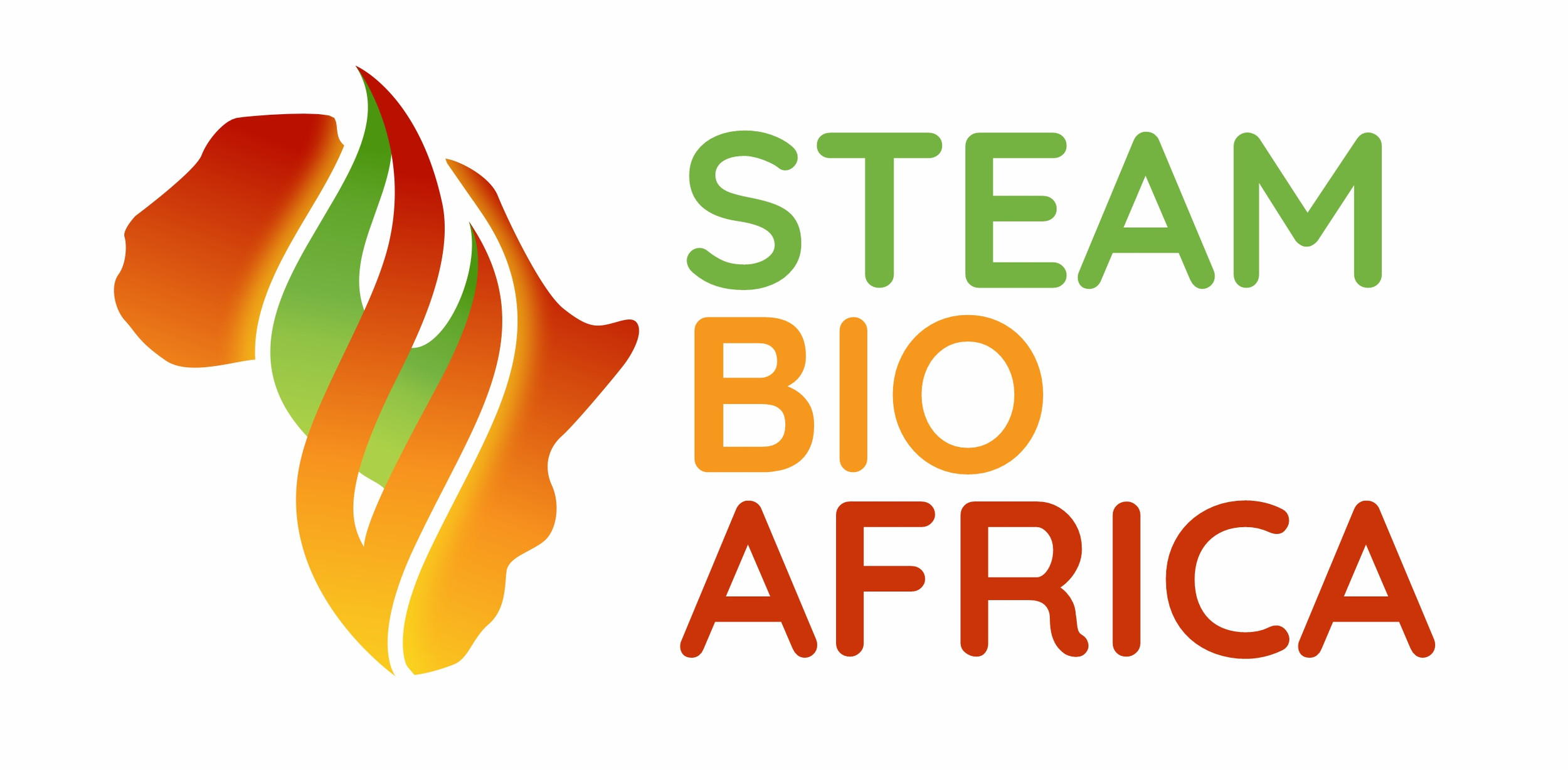
| Programme | Horizon Europe, LC-GD-2-3-2020 |
| Category | Innovation Action (IA) |
| Status | Completed |
| Period | 2021 - 2024 |
| Partners | 15 |
| Budget | €11.73m |
| Links | Website, Cordis, Twitter, LinkedIn, Facebook |
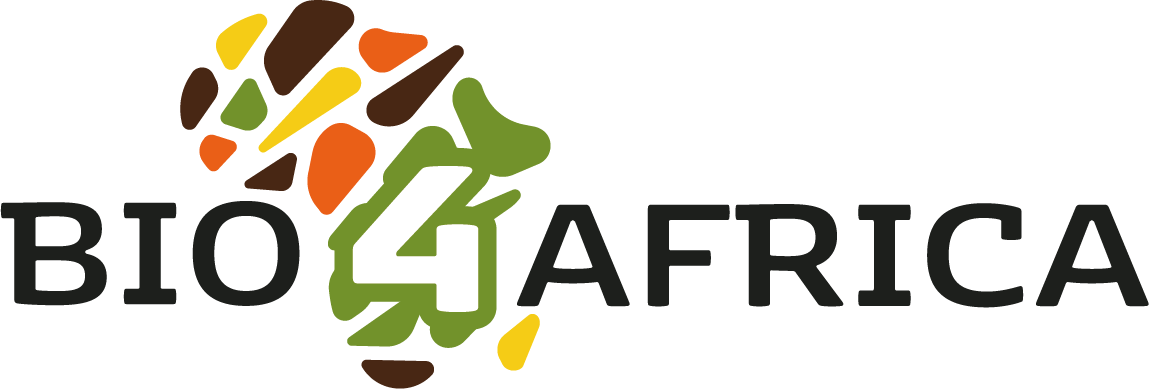
| Programme | Horizon Europe, CE-SFS-36-2020 |
| Category | Research and Innovation Action (RIA) |
| Status | Completed |
| Period | 2021 - 2025 |
| Partners | 25 |
| Budget | €9.00m |
| Links | Website, Cordis, Twitter, LinkedIn, YouTube, Facebook |
Previous Research Projects Involving Celignis and Bioprocess Development
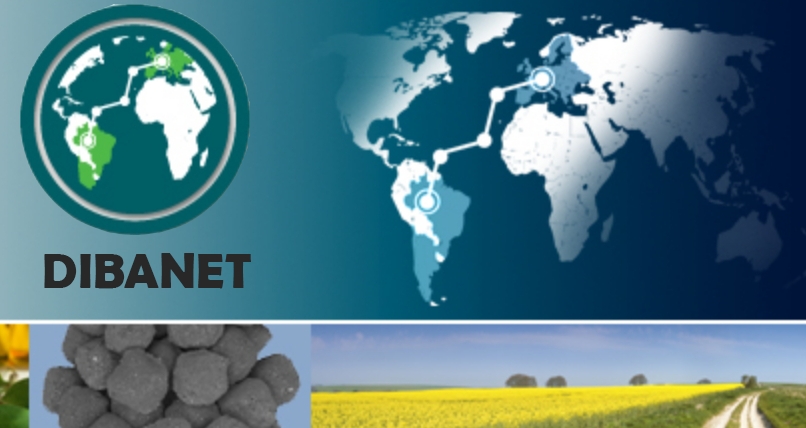
| Programme | Horizon Europe, FP7.ENERGY.2008.3.2.1 |
| Category | Research and Innovation Action (RIA) |
| Status | Completed |
| Period | 2009 - 2013 |
| Partners | 14 |
| Budget | €3.73m |
| Links | Website, Cordis |
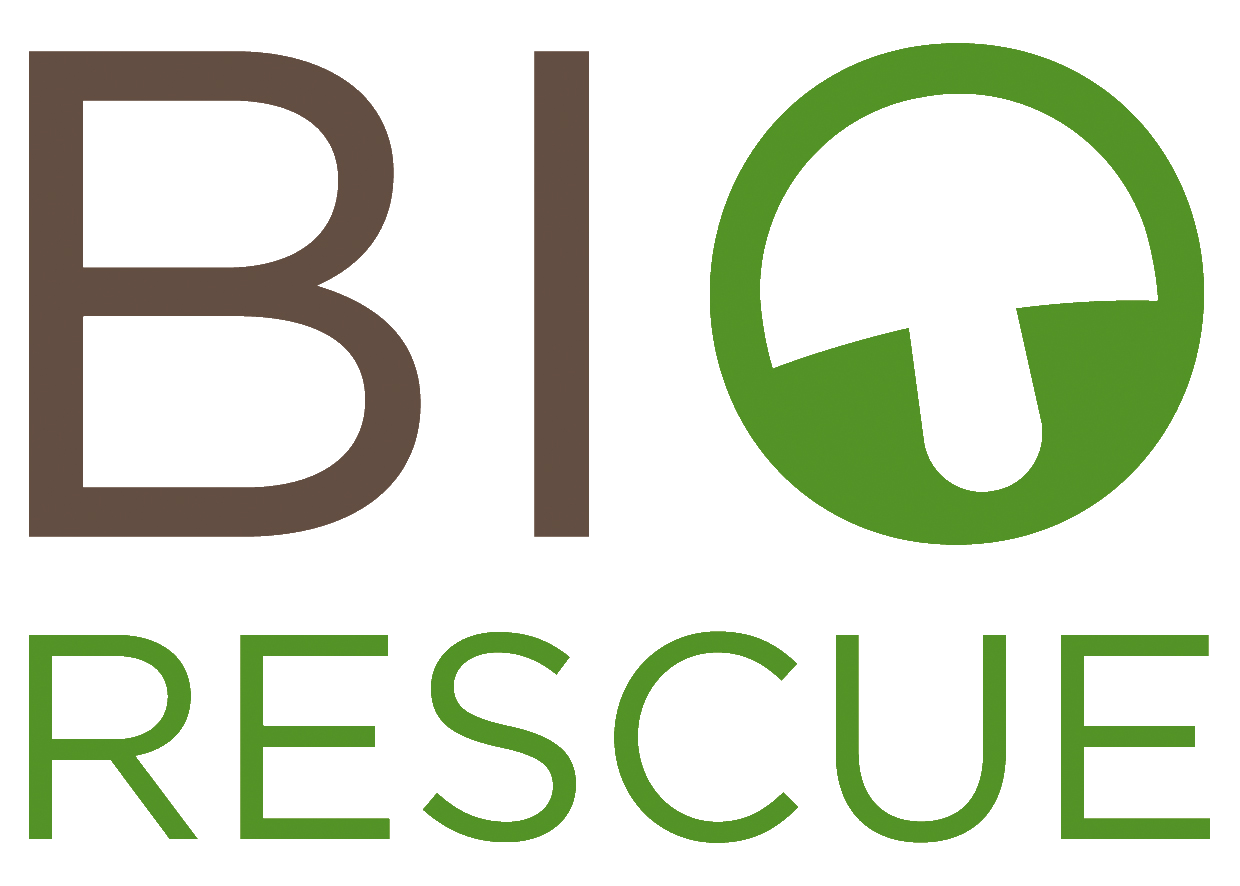
| Programme | CBE-JU, Horizon Europe, BBI.R10-2015 |
| Category | Research and Innovation Action (RIA) |
| Status | Completed |
| Period | 2016 - 2019 |
| Partners | 11 |
| Budget | €3.77m |
| Links | Website, Cordis, CBE-JU, Twitter |
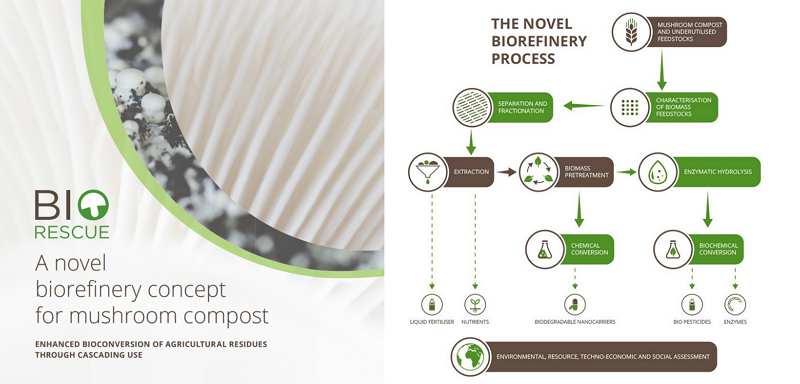

| Programme | CBE-JU, Horizon Europe, BBI.2017.R2 |
| Category | Research and Innovation Action (RIA) |
| Status | Completed |
| Period | 2018 - 2022 |
| Partners | 13 |
| Budget | €3.72m |
| Links | Website, Cordis, CBE-JU, Twitter, LinkedIn, Facebook |
STEAME is aimed at developing a cost-effective technology for the efficient conversion of farm-animal waste and surplus grass silage to biogas. Key innovations are developed in the areas of: pre-treatment; thermophilic semi-dry anaerobic digestion; and microbial and enzyme applications. These are expected to improve the economics of farm-based AD systems thorough increased biogas yields; avoidance of slurry storage; and production of stable class-A biosolids as a value-added product for agricultural land applications.
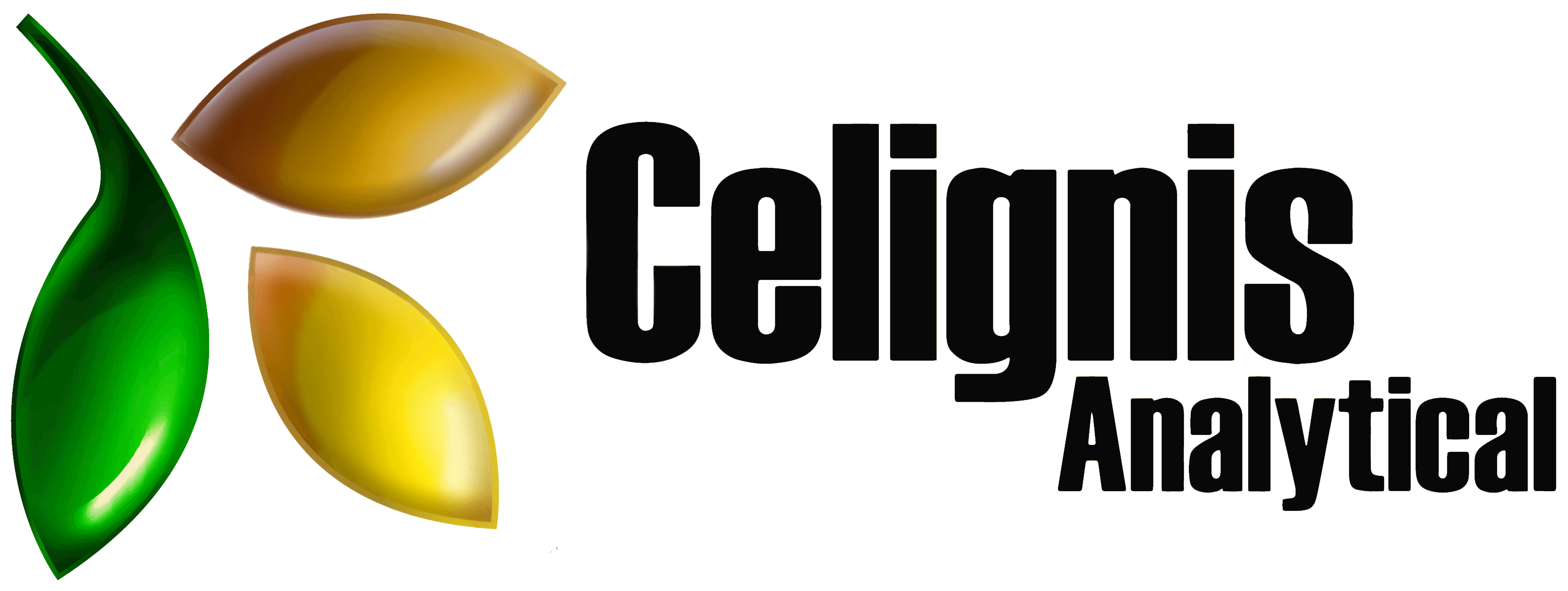
| Programme | Horizon Europe, INNOSUP-02-2019-2020 |
| Category | INNOSUP |
| Status | Completed |
| Period | 2019 - 2021 |
| Partners | 1 |
| Budget | €0.13m |
| Link | Cordis |

| Programme | Horizon Europe, H2020-EU.1.3.2 |
| Category | Marie Curie IF |
| Status | Completed |
| Period | 2020 - 2022 |
| Partners | 1 |
| Budget | €0.18m |
| Link | Cordis |

PhD
<p style="text-align: left;">Has a deep understanding of all biological and chemical aspects of bioproceses. Has developed Celignis into a renowned provider of bioprocess development services to a global network of clients.</p>

PhD
<p style="text-align: left;">A dynamic, purpose-driven chemical engineer with expertise in bioprocess development, process design, simulation and techno-economic analysis over several years in the bioeconomy sector.</p>
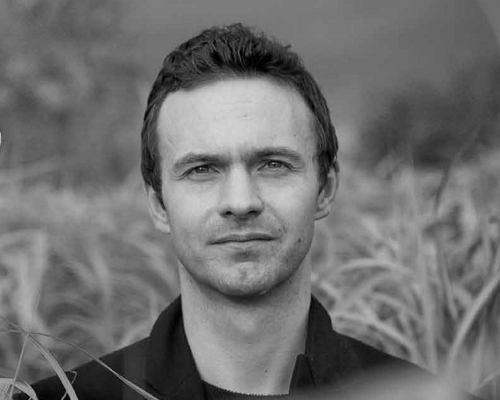
PhD (Analytical Chemistry)
<p style="text-align: left;">Dreamer and achiever. Took Celignis from a concept in a research project to being the bioeconomy's premier provider of analytical and bioprocessing expertise.</p>
Global Recognition as Bioprocess Experts
Extraction
Pretreatment
Hydrolysis
Enzymes
Fermentation
Downstream Processing
Lab-Scale Optimisations
TRL Scale-Up
Technoeconomic Analyses
Biobased Chemicals
From Process Refinements to an Entire New Process
Hydrothermal carbonization (HTC) research has mainly focused on primary char production, with limited attention to secondary char, which is formed through polymerization and condensation of dissolved organic compounds in the liquid phase. This research aims to address this gap via an experimental investigation of the impact of stirring on the mass and carbon balance of HTC reaction products, surface functional groups, and surface morphology of secondary char, using fructose as a model compound. A 3D hydrodynamic simulation model was developed for a two-liter HTC stirred reactor. The experimental results indicated that stirring did not significantly influence the pH, mass, carbon balance, and surface functional groups of secondary char produced under the range of experimental conditions (180 C, 10% biomass to water (B/W) ratio, and a residence time of 0-120 min) studied. Nonetheless, it was observed that a stirring rate of 200 rpm influenced the morphology and shape of the secondary char microspheres, leading to a significant increase in their size i.e., from 1-2 um in unstirred conditions compared with 70 um at a stirring rate of 200 rpm. This increase in size was attributed to the aggregation of microspheres into irregular aggregates at stirring rates > 65 rpm and residence times > 1 h. The hydrodynamic model revealed that high turbulence of Re > 104 and velocities > 0.17 m s-1 correlated with regions of secondary char formation, emphasizing their role in particle aggregation. Particle aggregation is significant above a stirring rate of 65 rpm, which corresponds to the onset of turbulent flow in the reactor. Finally, a mechanism is proposed, based on reactor hydrodynamics under stirred conditions, that explains secondary char deposition on the reactor walls and stirrer. | |
A dried dairy processing sludge (sludge from wastewater treatment of an effluent from a milk processing plant) was pyrolysed in a single-particle reactor at different temperatures from 400 C to 900 C. NH3 and HCN were measured online and offline by means of FTIR as well as by cumulative sampling in impinger bottles (in 0.05 M H2SO4 and 1 M NaOH, respectively) and analysed by photometric method. NO and NO2 were measured online using a nitric oxide analyser while N2O was measured by FTIR. Nitrogen (N) in the sludge and in the remaining char, char-N, was determined. Moreover, tar content in pyrolysis gas was measured and tar-N was determined. The results with respect to N mass balance closure are discussed. The different measurements techniques are compared. For pyrolysis at 520 and 700 nitrogen in the gas phase was mainly contained as N2 (36 % and 40 % respectively), followed by NH3 (15 % and 18 %), tar-N (10 % and 9 %), HCN (1 % and 3 %), NO (1 %) and NO2 (0.2 %). The dairy processing sludge has very specific properties with organic-N present predominantly as proteins and a high content of inherent Ca. These characteristics affected the distribution of N. The amount of char-N was higher while the amount of tar-N lower than for sewage sludge from literature, at comparable pyrolysis temperature. | |
Dairy processing sludge (DPS) is a byproduct generated in wastewater treatment plants located in dairy (milk) processing companies (waste activated sludge). DPS presents challenges in terms of its management (as biosolids) due to its high moisture content, prolonged storage required, uncontrolled nutrient loss and accumulation of certain substances in soil in the proximity of dairy companies. This study investigates the potential of hydrothermal carbonization (HTC) for recovery of nutrients in the form of solid hydrochar (biochar) produced from DPS originating from four different dairy processing companies. The HTC tests were carried out at 160 C, 180 C, 200 C and 220 C, and a residence time of 1h. The elemental properties of hydrochars (biochars), the content of primary and secondary nutrients, as well as contaminants were examined. The transformation of phosphorus in DPS during HTC was investigated. The fraction of plant available phosphorus was determined. The properties of hydrochar (biochar) were compared against the European Union Fertilizing Products Regulation. The findings of this study demonstrate that the content of nutrient in hydrochars (biochars) meet the requirements for organo-mineral fertilizer with nitrogen and phosphorus as the declared nutrients (13.9-26.7%). Further research on plant growth and field tests are needed to fully assess the agronomic potential of HTC hydrochar (biochar). | |
Disposal of waste-activated sludge [dairy processing sludge, (DPS)] from wastewater treatment plants located in milk processing companies is an increasing concern. DPS is usually applied to farmlands in the vicinity of the dairy companies. This practice is becoming unsustainable due to uncontrolled nutrient loss and potential soil contamination. We propose to recover nutrients in the form of biochar. This paper examines the properties of biochars obtained from slow pyrolysis of DPS. DPS samples were pyrolyzed at laboratory and pilot scale at 600 and 700 C. The elemental properties of biochars, the content of primary and secondary nutrients, as well as contaminants were examined and compared against the European Union Fertilizing Products Regulation. The biochars meet the specified limits for hydrogen-to-organic carbon ratio, chloride, and polycyclic aromatic hydrocarbons intended for gasification and pyrolysis component category materials. In six out of eight biochars, the content of phosphorus (P) as a single declared nutrient and the level of contaminants meet those required for an organo-mineral fertilizer. Only two biochars meet the required concentrations of nitrogen, phosphorus, and potassium. A minimum solid content of 30% in DPS is required to make the process of biochar production energetically sustainable. | |
Anaerobically digested sewage sludge mixed with forest residues was pyrolysed at 800 C, at laboratory and pilot scale. The study quantified differences in char and gas yields for tests carried out in a simple fixed bed laboratory reactor and rotating retort pyrolyser at pilot scale, when the residence time of feedstock was 10 min in both cases. The yield of char from pilot scale was 4 % lower than from laboratory scale while the yield of gas was 15.7 % higher. During the pilot scale pyrolysis of anaerobically digested sewage sludge blended with forest residues the gas quality for energy recovery applications was assessed and the fate of impurities (tar, NH3 and H2S) was investigated. The raw pyrolysis gas contained 14.6 g/Nm3 of tar, 36.9 g/Nm3 of NH3 and 793 ppm of H2S. Sixteen N-containing tar species were identified of which pyridine, propenenitrile, 2-methyl-, benzonitrile, and indole are found to be the most abundant. The yield of N-containing tar compounds accounted for approx. 12 % of total tar content. Conditioned pyrolysis gas contained 7.1 g/Nm3 of tar, 0.036 g/Nm3 of NH3 and 119 ppm of H2S. Benzene was by far the most abundant tar compound followed by toluene and styrene. The specifications of the used internal combustion engine were exceeded due to the sum of tar compounds such as fluorantrene and pyrene with 4+ aromatic rings (at 0.0015 g/Nm3) and NH3 content The effectiveness and sustainability of energy recovery in wastewater treatment can be improved using forest industry by-products. | |
Adsorption of six contaminants of emerging concern (CECs) - caffeine, chloramphenicol, carbamazepine, bisphenol A, diclofenac, and triclosan - from a multicomponent solution was studied using activated biochars obtained from three lignocellulosic feedstocks: wheat straw, softwood, and peach stones. Structural parameters related to the porosity and ash content of activated biochar and the hydrophobic properties of the CECs were found to influence the adsorption efficiency. For straw and softwood biochar, activation resulted in a more developed mesoporosity, whereas activation of peach stone biochar increased only the microporosity. The most hydrophilic CECs studied, caffeine and chloramphenicol, displayed the highest adsorption (22.8 and 11.3 mg g-1) onto activated wheat straw biochar which had the highest ash content of the studied adsorbents (20 wt%). Adsorption of bisphenol A and triclosan, both relatively hydrophobic substances, was highest (31.6 and 30.2 mg g-1) onto activated biochar from softwood, which displayed a well-developed mesoporosity and low ash content. | |
Magnetic carbons can significantly lower the costs of wastewater treatment due to easy separation of the adsorbent. However, current production techniques often involve the use of chlorinated or sulfonated Fe precursors with an inherent potential for secondary pollution. In this study, ochre, an iron-rich waste stream was investigated as a sustainable Fe source to produce magnetic activated biochar from two agricultural feedstocks, softwood and wheat straw. Fe doping resulted in significant shifts in pyrolysis yield distribution with increased gas yields (+50%) and gas energy content (+40%) lowering the energy costs for production. Physical activation transformed ochre to magnetite/maghemite resulting in activated magnetic biochars and led to a 4-fold increase in the adsorption capacities for two common micropollutants - caffeine and fluconazole. The results show that Fe doping not only benefits the adsorbent properties but also the production process, leading the way to sustainable carbon adsorbents. | |
The majority of the sludge from the treatment of wastewater in milk processing plants is land spread. The drawbacks of land spreading include local oversupply due to high transport costs, which results in sludge being spread on lands in the vicinity of the dairy factories. Local oversupply can lead to accumulation of certain substances in soil through annual application over many years. Therefore, in the long term, there is a need for alternative methods to recover energy and nutrients from increasing volumes of sludge generated from dairy processing. Pyrolysis offers a potential alternative to land spreading, which can reduce health and environmental risks, while providing an avenue for the recovery of energy and nutrients. Pyrolysis allows energy recovery in the form of a high calorific value pyrolysis gas and a char which may be used as a soil amendment. In this study pyrolysis of dried dairy sludge was carried out at pilot scale. The results indicate that a dried biological sludge can be successfully pyrolysed and when mixed with wood the resulting char meets European Biochar Certificate criteria regarding carbon content. Most of the initial energy content of the feedstock was retained in the pyrolysis gas prior to cleaning, 53%, compared to 34.5% in the char and 1.5% in the tar. For the pyrolysis gas after cleaning (mainly cracking in presence of air) the initial energy content of the feedstock retained in the gas was only slightly higher than that retained in the char, 39.2% versus 34.5%, while the tar accounted for 0.8% of the initial energy content. | |
Eucalypts can be very productive when intensively grown as short rotation woody crops (SRWC) for bioproducts. In Florida, USA, a fertilized, herbicided, and irrigated cultivar planted at 2471 trees/ha could produce over 58 green mt/ha/year in 3.7 years, and at 2071 trees/ha, its net present value (NPV) exceeded $750/ha at a 6% discount rate and stumpage price of $11.02/green mt. The same cultivar grown less intensively at three planting densities had the highest stand basal area at the highest density through 41 months, although individual tree diameter at breast height (DBH) was the smallest. In combination with an organic fertilizer, biochar improved soil properties, tree leaf nutrients, and tree growth within 11 months of application. Biochar produced from Eucalyptus and other species is a useful soil amendment that, especially in combination with an organic fertilizer, could improve soil physical and chemical properties and increase nutrient availability to enhance Eucalyptus tree nutrition and growth on soils. Eucalypts produce numerous naturally occurring bioproducts and are suitable feedstocks for many other biochemically or thermochemically derived bioproducts that could enhance the value of SRWCs. | |